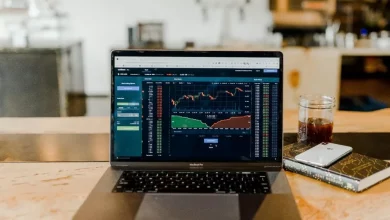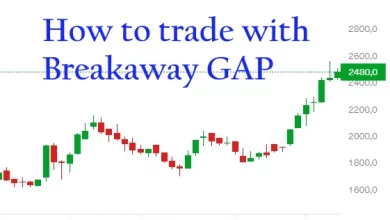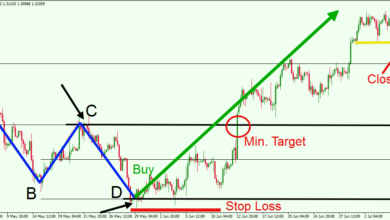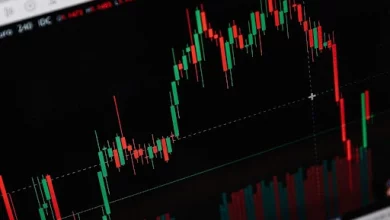Best Share Market Time for Trading in India
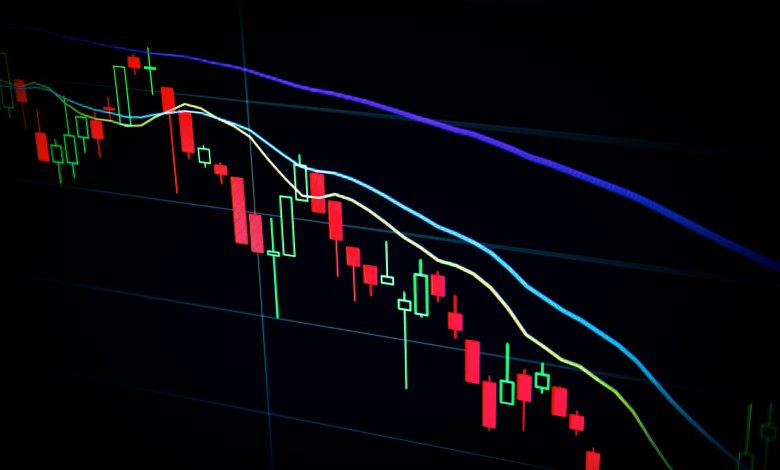
There are two requirements for day trading and normal trading in Indian financial markets; you need to have an online Demat account and an online trading account. The former is a virtual space that allows you to hold shares while the latter enables you to buy and sell in the financial markets. With the combination, you can purchase, hold and sell stocks at your wish.
However, even with these two, you need to know the best share market time to trade in India for you to benefit from the exchange. In the stock market, timing is everything. Trading at the wrong time will cost you dearly. It’s crucial to know when the market operates so you can make orders within a specific time.
India Stock Market Trading Times
The securities market opens and closes at a specific time every day, meaning trading can only be undertaken during a particular time. Both intraday trading and normal trading take place on either the National Stock Exchange (NSE) or the Bombay Stock Exchange (BSE). The timing for both markets is usually the same.
To quickly answer the question lingering in your mind, the stock market time runs between 9.15 am to 3.30 pm from Monday to Friday. However, the commodity market timing differs and runs longer than the stock market. It’s also crucial to note that the market only operates on weekdays and is closed on weekends and public holidays.
Stock Market Time Segments in India
The time interval we have already mentioned is further divided into 3 sessions. Let’s take a look at each session in detail to understand the importance of timing in the stock exchange market.
Pre-Opening Session
This session runs from 9.00 am to 9.15 am when the market officially opens. During this short but important interval, a trader can place an order to sell or purchase any security for a limited time. The session is further divided into 3 segments;
9.00 am to 9.08 am
During this 8 minute window, you can trade shares in the stock market, modify or cancel orders you have already placed. Once the market officially opens, orders placed during this period are given preference on the queue, which will benefit traders. Once the time clocks at 9.08 am, no more orders can be placed during the pre-opening session.
9.08 am to 9.12 am
Price determination of stocks takes place during this time. Price matching is done by cross-matching the demand and supply prices and determining the opening prices of the normal session.
9.12 am to 9.15 am
These three minutes are basically the transition period between pre-opening and the continuous session. It eases the transition into the normal trading session. Traders cannot place, cancel or even modify their order during this period.
Continuous Trading Session
The session runs from 9.15 am to 3.30 pm, during which trading runs freely. In this window, transactions follow time and price priority. Investors can purchase and sell stocks, modify their orders, cancel those that don’t favor them without any limitation. The bilateral matching system developed during the pre-opening session is followed in this window. This means that any buy order is accurately matched to a sell order with the same stock price.
Forces of demand and supply direct the bilateral matching. However, this order matching system is highly volatile, which affects the stock prices. The multilateral order system was developed and incorporated into the stock market in an attempt to control this. Unfortunately, most traders don’t participate in the pre-opening session, which makes it a challenge to eliminate the problem of volatility.
Post-Closing Session
This is the period after the market closes at 3.30 pm. No trading can take place once it clocks 3.00 pm. The closing prices are determined during this time. These prices will affect trading the next day. It’s divided into two;
Session 1: 3.30 pm to 3.40 pm
Closing prices are determined using the weighted average prices of the normal trading session. The closing prices of sector indices such as Sensex, S&P Auto, and Nifty are calculated from the weighted prices of listed securities.
Session 2: 3.40 pm to 4 pm
This is known as the post-closing session. It’s the time that bids for the next trading day are placed. These bids can be confirmed a decent number of traders are present. They will also be executed at the stipulated prices even if the market prices change. An investor who places a bid during this time can benefit from an increase in the opening price, provided it exceeds the closing price.
| Session | Timing |
| Pre-opening Session | 9.00 am- 09.15 am |
| Normal session | 9.15 am- 3.30 pm |
| Post-closing Session | 3.30 pm- 4.00 pm |
Special Trading Times
Apart from what we have discussed above, there are a few special stock markets trading times, including;
Aftermarket Orders
These are orders placed after the market has closed. No transactions can take place, but investors are free to place orders for shares in specific companies. These orders would be executed once the market opens.
Muhurat Trading
The stock market in India remains closed on a public holiday, but there is an exception. The market opens for one hour, from 5.30 pm to 6.40 pm on Diwali. This is known as Muharat trading, which is special because Diwali is considered an auspicious day. The time may change from one year to another.
Key Takeaways
The Indian stock market opens at 9.15 am and closes at 3.30 pm.
The stock market closes on weekends and public holidays, meaning no trading can take place.
The market opens for a one-hour trading session on Diwali, which is known as Muharat trading.
The commodity market runs on a different timing. It opens at 10.00 am and closes at 11.30 pm on weekdays for non-agricultural products while the agricultural market closes at 5.00 pm.

